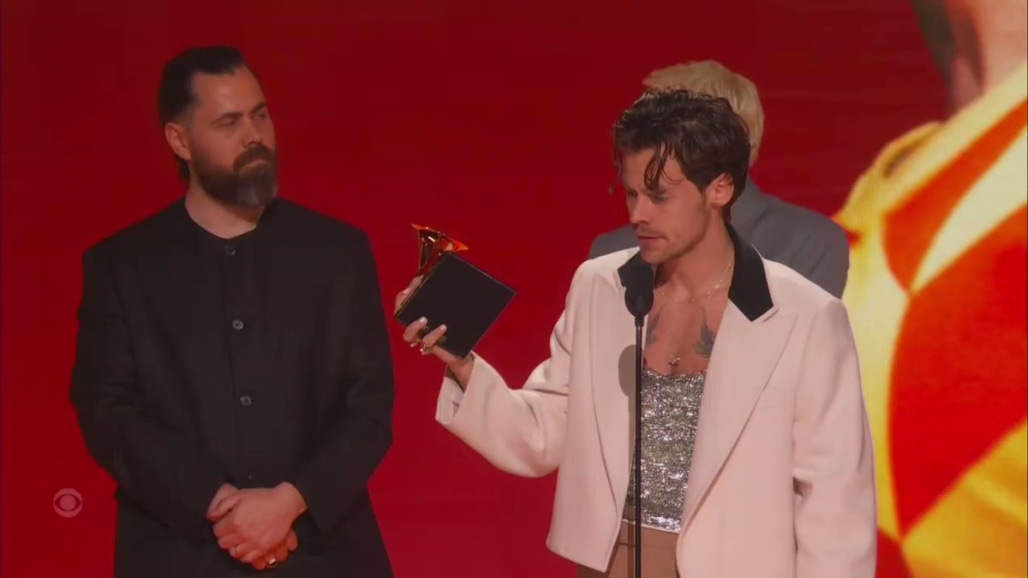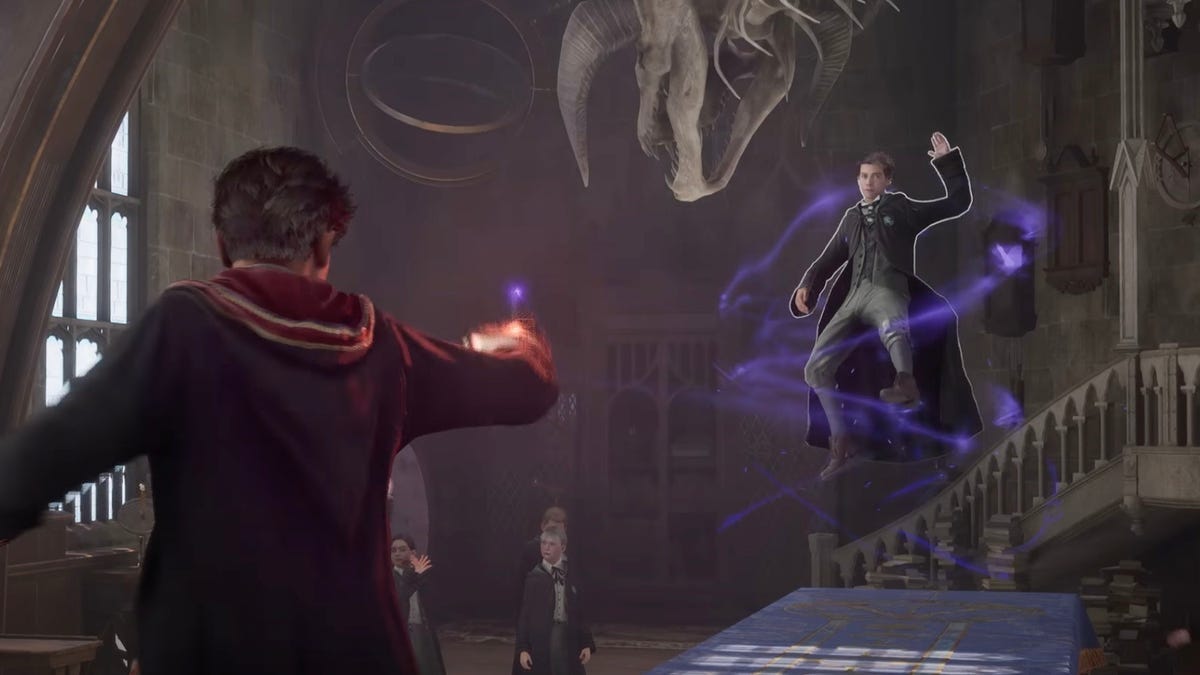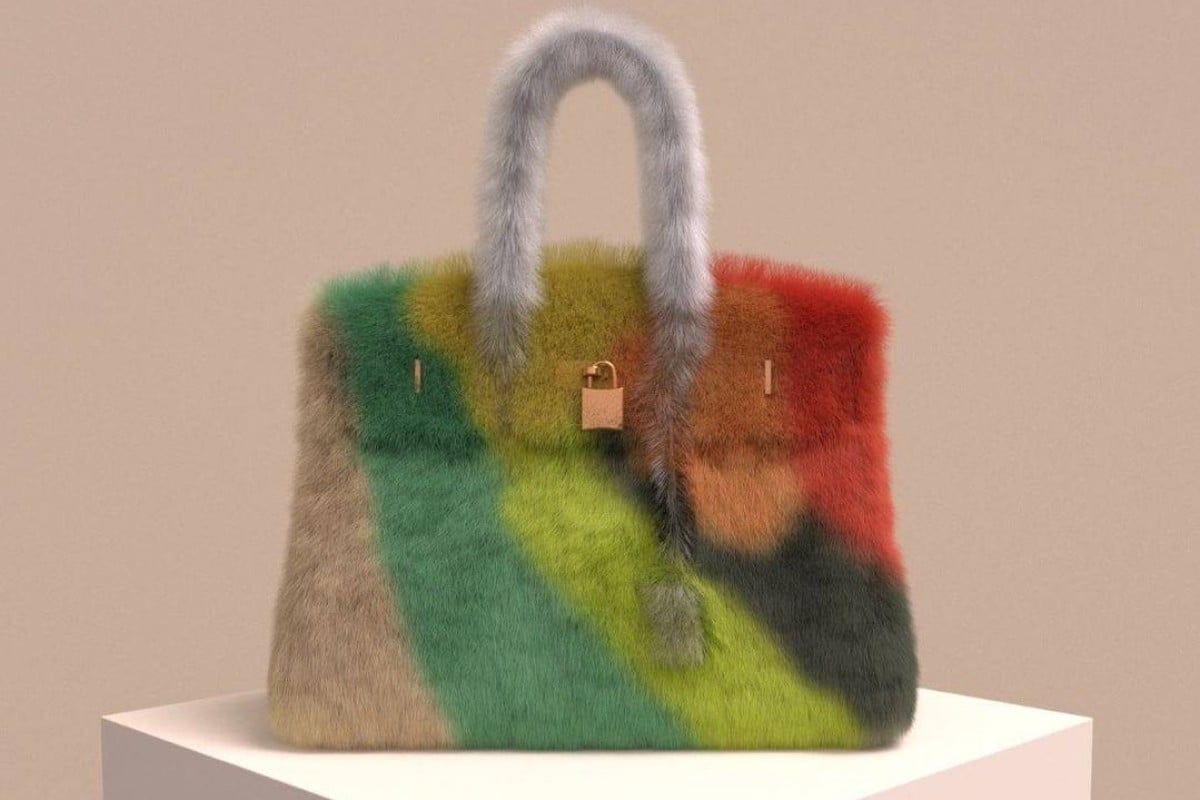Borkowski Media Trends: Hogwarts Legacy, 'MetaBirkin' debacle, Harry Styles & Grammy Awards
Hogwarts Legacy backlash | lawsuit over 'Birken' NFTs | Harry Styles' speech own goal
The unavoidable controversy surrounding Hogwarts Legacy
Gamer or not, you've probably heard much fuss over the blockbuster Hogwarts Legacy - the long-awaited open-world adventure game. It's a Harry Potter-themed virtual wizarding world that's caused an uproar due to JK Rowling's involvement. And whilst the developers and publishers would've distanced themselves from the polarising figure to manage the game's publicity, there is no way to avoid the fierce discourse that follows Harry Potter's creator, mainly as she tends to have some level of creative control over the franchise.
However, the game's plot, feel and setting has long been known to fans due to the vast magnitude of this release and the press and marketing campaigns that promote this now critically-acclaimed product. So no element of the game's release cycle has come as a surprise.
And as you'd expect, the developers have tried to make the game inclusive - primarily via character customisation catering to all ethnic backgrounds. There is global representation in the non-playable characters and gay and trans representation, but this is a must for any mainstream product in 2023.
So does news of boycotts, articles for and against JK Rowling, and online controversy come as a shock? No - it's inevitable. After several years of JK Rowling backlash - we know how this all unfolds: initial uproar with millions sharing their opinion on a highly-contentious issue, record-breaking sales reports, thousands of news articles and weeks of trending topics surrounding the subject - all underpinned by fury and outrage.
But nothing changes - anyone with a reasonable argument is drowned out by the herd - screaming and shouting, seeking to maximise clicks by throwing as much clickbait to the fire before fizzling out with a successful game that millions will play for years to come.
The only way this game wouldn't be a success was if the gameplay underdelivered. But ironically, due to the inevitable backlash facing Hogwarts Legacy - the publishers weren't going to rush this out, which tends to be most modern video games' downfall. Due to Harry Potter's fandom and the ability to experience your own wizarding fantasy world (it's a grand concept), this game will rival GTA's success if it functions to a decent standard and those involved in its creation sidestep this inevitable backlash.
"MetaBirkin" debacle: what brands must know about NFTs and trademarks
We'd forgive you if you missed some recent landmark news involving NFTs and trademark laws applying to digital art, especially as it's been a while since NFTs were a significant part of the zeitgeist.
But this week, a New York jury ruled that artist Mason Rothschild's line of NFT handbags, known as "MetaBirkins," did not have protection under the First Amendment as artwork and violated trademark law, ending a legal battle between the artist and Hermès over intellectual property rights in the NFT space.
For those thinking what the f*ck is a "MetaBirkin", it's a line of unauthorised NFT handbags inspired by the coveted Hermès Birkin bags.
But this verdict confirms trademark laws apply to NFTs and digital art, just like physical products. The lesson here is that brands need to be aware of the potential for infringement and take appropriate legal action to protect their trademarks. And also, artists and NFT creators need to be mindful of the potential for their work to be considered a commercial venture rather than art. Again, this distinction will impact the application of trademark laws and the likelihood of a lawsuit.
It's worth noting that IRL Birkins tend to be purchased as a status symbol or investment. Owners don't wear them as an everyday item, so an NFT version that you could hold as a digital collectable has mileage. And whilst the NFT boom/bubble has passed, the verdict is one of the first to address the intersection of NFTs, the metaverse, and trademark laws. This trend will likely continue as the metaverse evolves and legal issues arise. Ultimately, brands and artists need to stay informed and proactive in protecting their interests.
Harry Styles' Grammy win sparks controversy
Harry Styles won Album Of The Year at this year's Grammy Awards for his solo album 'Harry's House', beating stiff competition from Beyonce and Adele. When accepting the prestigious award, he told fans that the achievement 'doesn't happen to people like me very often', and that's when social media erupted. As a white, conventionally attractive man, viewers were quick to question what message the pop star was trying to convey.

The singer who rose to fame through the X Factor competition has been accused of 'white privilege' with critics drawing attention to his humble beginnings – a middle-class upbringing in Cheshire. But can the former One Direction star whose solo music and ventures into the world of cinema are so viral be turned against, or even 'cancelled'?
It was widely expected that Beyonce's Renaissance would win the award, which hasn't been awarded to a black woman since Lauren Hill in 1999, and in the 65-year history of the awards, only 11 black artists have won 'Album of The Year'. On the other hand, Styles is the 33rd white man to accept the honour. A Grammy is rare to come by for even the most deserving artists, but more often than not, unfortunately, the winners share a similar identity of privilege.
The Grammy win for Harry Styles and the backlash that followed highlights the ongoing issue of representation and privilege in the music industry - a problem it can't shake. As a result, these awards ceremonies must understand the importance of diverse voices and perspectives in the awards process and how it impacts the industry.
It serves as a reminder of the need for continuous progress and representation in all facets of the industry. It is also essential for artists to understand the importance of being aware of privilege and its impact on opportunities and representation.





